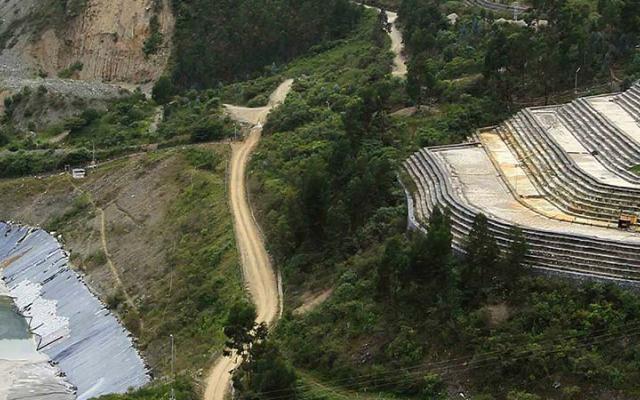Fiscal Policy
Fiscal policy plays a fundamental role in mobilizing domestic resources to allow governments to sustainably finance their economic and social development plans. In addition to being a key instrument for redistribution purposes (SDG 10 Reduced Inequalities), fiscal policy is a lever to incentivize investments in areas with positive externalities to society such as spending on research and development (SDG 9 Industry, Innovation and Infrastructure) and to dissuade activities with negative social or environmental externalities (SDG 13 Climate Action).
Amid the unprecedent crisis caused by the COVID-19 Pandemic, governments reacted with expansionary fiscal policies to address the social and economic effects of the pandemic, strengthening public health systems, supporting families and protecting the productive structure. However, the expansion of public spending to cope with the crisis, together with the fall in tax revenues, significantly pushed up fiscal deficits and debt levels in the region, one of the world’s most indebted regions.
With fiscal space significantly reduced and the economic effects from the global economic downturn generated by the war in Ukraine, the challenge is now greater than ever: maintaining support for most vulnerable sectors of the population while setting in motion plans to trigger sustainable economic reactivation and productive transformation.
Against this back-drop, through the “Recover better: Overcoming the consequences of the COVID-19 pandemic in Latin America and the Caribbean (LAC)” project, ECLAC member countries receive support to establish more sustainable sources of revenue, for example through more efficient and progressive expenditures and an expansion of the tax base, to finance progress in sustainable and employment-intensive investment, productive transformation and the strengthening and universalization of social protection systems. Technical assistance, knowledge exchange and studies provide the ground for a better, evidence-based design of fiscal policies that can help in the urgently needed reshaping of the “social contract”, funded by a resilient and socially just new “fiscal contract”.
Likewise, and given the importance of the mining sector for tax revenues in many of the region’s countries, the “Regional Cooperation for Sustainable Management of Mineral Resources in the Andean Countries” (MinSus) project, provides assistance to governments on optimising their mining tax regimes to be competitive and support sustainable development, while maximizing revenues and public income in times of volatile commodity
Related Projects
- El proyecto Ciudades Inteligentes, Inclusivas y Sostenibles tiene por objetivo mejorar las bases técnicas e institucionales de la CEPAL y países miembros seleccionados para promover el desarrollo…
- The Nexus programme contributes to a better understanding of the deep interconnection between natural resources and their planning, management and consumption. At its heart, the WEF Nexus promotes a…
- The COVID-19 pandemic has caused one of the worst health, economic and social crises in Latin America and the Caribbean in its most recent history, the most vulnerable population being the most…
- In the field of the mining sector, the current reality is characterized by a situation of multiple challenges, such as fiscal, regulatory, macroeconomic, social, environmental and public investment.…




